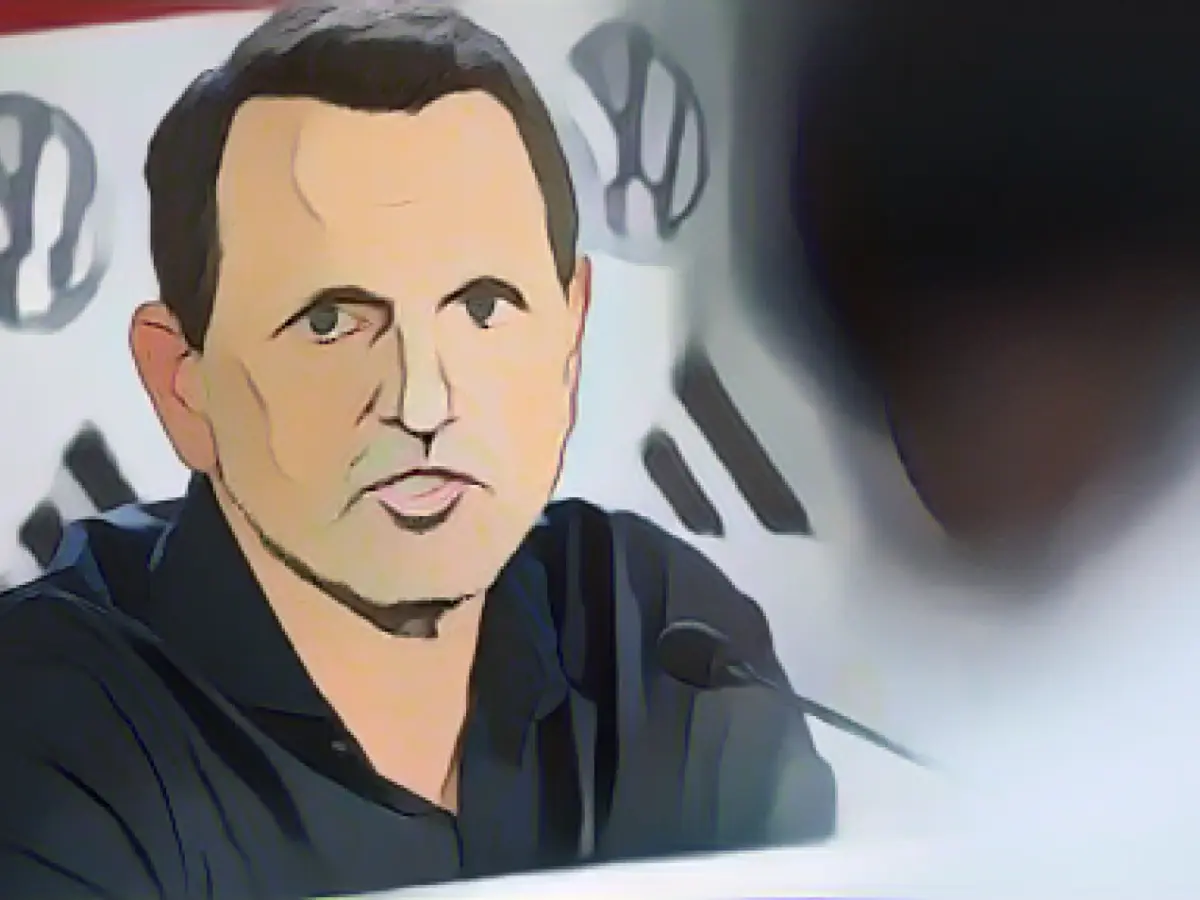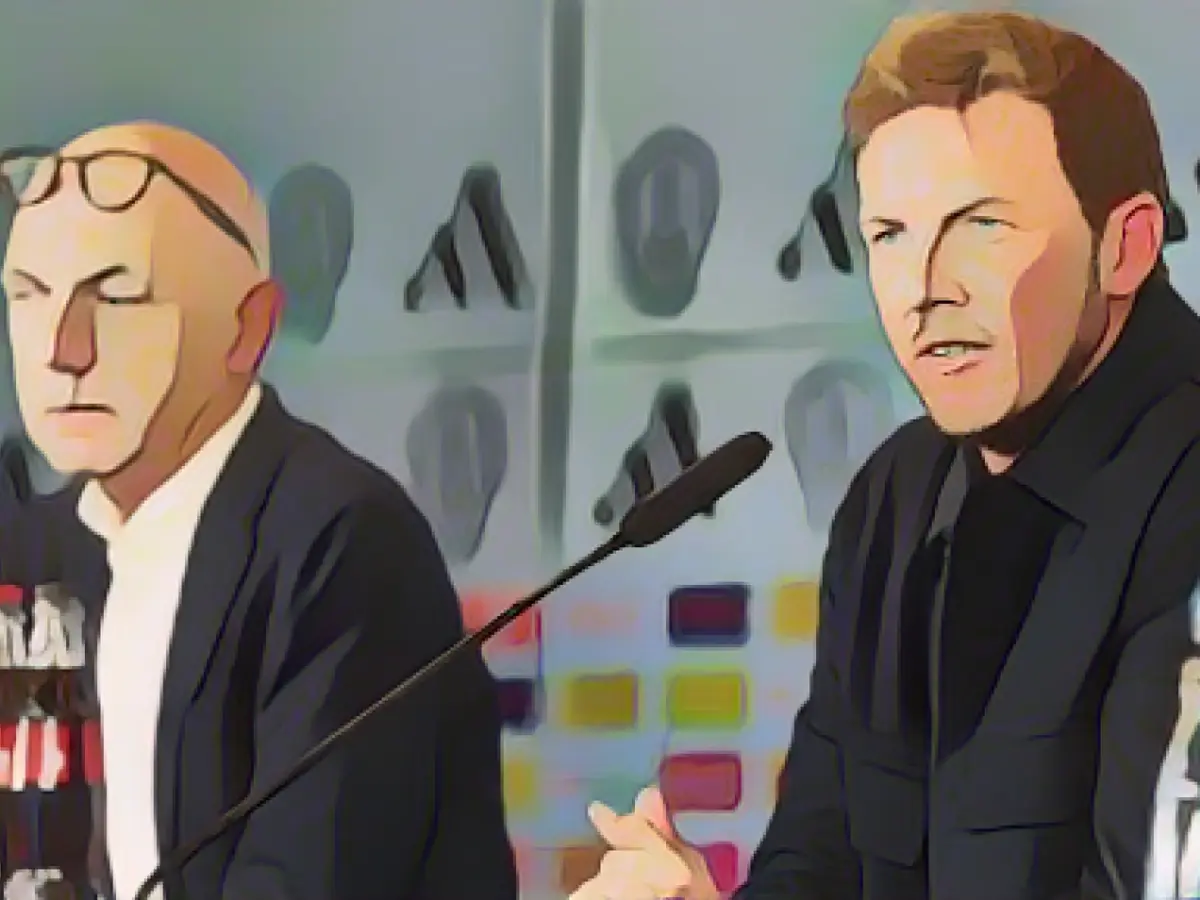U17 World Champions: Post-Gold Medals, Dreams of a Professional Career
After the triumphant World Cup celebration, the gold-winning U17 players returned to their regular routines. "I've got exams this year, so I have to go to math class on Tuesdays," said Eric Emanuel da Silva Moreira from FC St. Pauli at the small party on the DFB campus.
The World Cup win brought considerable relief to the German Football Association and sparked optimism for the future. "A few months ago, the critique over the state of German football and the young players was intense. However, this victory was a perfect exclamation point, fitting for the European Championships. It was a winter fairytale, and we hope it continues next year with a summer fairytale," said DFB President Bernd Neuendorf, looking ahead to the home European Championship.
DFB President's Hope: U17 Titles Impact Beyond 2024
The first-ever World Cup success for a German U17 team should influence the soccer world beyond 2024, according to Neuendorf. "They're fabulous lads. Our squad is on the right track," he stated. But the journey to professional football is challenging and lengthy. "I told the players that the following step must come from them, and it should take place in the clubs," reported coach Christian Wück.
The former Bundesliga professional also placed the responsibility on the clubs. "Germany's issue right now is not a lack of talent, but rather providing our youth with enough playing time in the top leagues. We can't currently give our boys enough time to play, not even in the first league, second league, or third league," stated Wück.
Fostering Trust and Talent in German Clubs
The biggest advantage of the U17 team was their trust from the clubs. "I don't think the professional clubs have this trust. I'm curious as to why not," criticized Wück and warned: "Without good training and talent, the senior national team and the U21s won't receive young players."
Wück suggested looking to countries like Spain, citing FC Barcelona's success in integrating young players into top leagues. "Other nations – like Spain – show us how it's done. I'd like to see more of that in Germany," he said.
One young defender already on the move is Finn Jeltsch from second-division club 1. FC Nürnberg. "I'll continue to work hard, hopefully with the coach's support," Jeltsch said graciously.
DFB Sports Director Rudi Völler encouraged the U17 world champions to remain level-headed in their future development. "I hope that they neutralize their advice that they will be useful in the clubs and won't join clubs where they won't receive playing time," Völler advised on Sport1-Doppelpass.
The golden generation has promising career prospects, according to Wück and Neuendorf, who commended their exceptional teamwork and exemplary mentality. "Everyone in the team has the goal of becoming a professional," Wück emphasized.
Role Models and the Professional Journey
Da Silva Moreira named a Bundesliga player as his role model, expressing his aspiration to start a new era and become a role model himself, considering the impact of U17's victory on future generations of German soccer stars.
Further Reading
The triumph of the U17 team inspired hope for Germany's soccer future. Coaches, clubs, and players must collaborate to create priority strategies for fostering and supporting talented youth by implementing structured youth development programs, competing in both national and international competitions, and integrating them into professional teams. By following these steps, German clubs can develop future football stars while ensuring they receive sufficient playing time.







